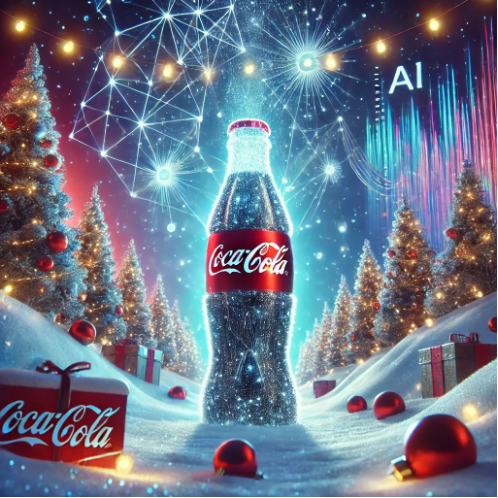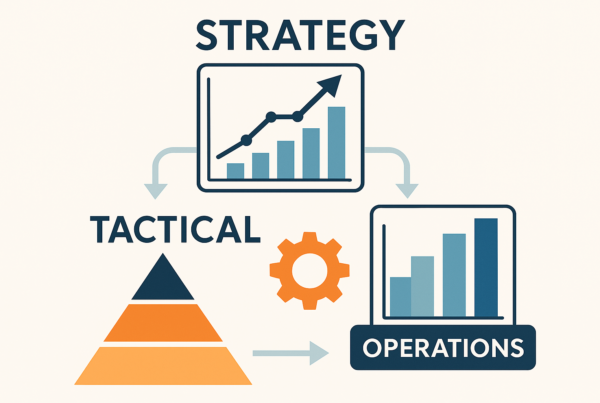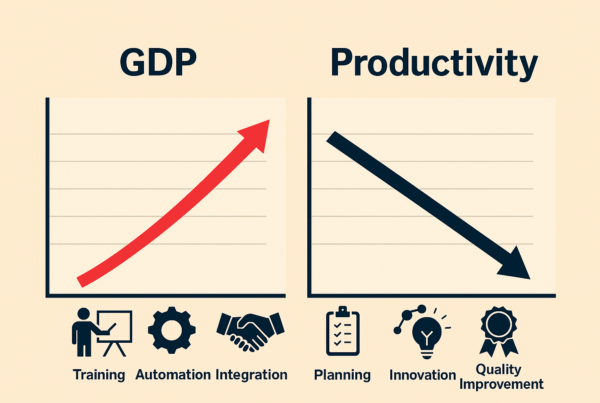George Moen wrote a terrific article on Coca-Cola using AI to generate a Christmas advert (link below). This got me thinking about the impact this would have on organization’s supply chain as campaigns will become more frequent and more targeted.
Impact on supply chains and operations
With AI being able to generate marketing adverts more efficiently and quickly, any business can expect there to be several downstream impacts to the supply chain. The main considerations would be the speed at which the organization can react to the changing market demand, optimizing inventory management and to adjusting production schedules.
Demand and Forecasting changes
Increased advertising will lead to demand surges, putting pressure on Sales & Operations Planning (S&OP) processes. Companies must adapt forecasting models and workflows to respond quickly to changes in demand, or risk stockouts, damaging their reputation and driving consumers to competitors. Agility is key to avoiding these issues.
Inventory management
Shorter lead times will require suppliers to shorten production cycles, leading to more changeovers, buffer material, and potential waste. Warehouse space needs will increase, and logistics challenges, like underutilized vehicles, may raise costs as businesses respond to quick demand shifts and fast delivery expectations.
Conclusion
To stay competitive in an AI-driven world, it’s crucial to continuously improve productivity and build a Lean, Agile, and Resilient supply chain. A culture focused on optimizing inputs and driving continuous improvement will position your company as a benchmark for competitors to follow.
Let’s Take Your Business Further. Ask me how.
Dr Kenneth Moodley LinkedIn






Thank you, Dr. Moodley, for your insightful article. I believe AI is one of the most disruptive revolutions of our time. While it is not a new invention, its potential applications in various industries are vast, and every sector is eager to leverage AI to enhance operations and gain insights. However, when we break AI down,it is essentially a large language model, including machine learning, and neural networks that often rely on identifying patterns and trends in large datasets to solve problems. This inherent limitation means AI lacks human creativity, which might explain why some people were disappointed with Coca-Cola’s AI-driven advertisement.
I think, advertisements like Coca-Cola’s should be seen as a pioneer of innovation, demonstrating the possibilities of AI and inspiring adaptation across industries. AI creates a new competitive dimension for companies, encouraging them to explore novel ways to differentiate and thrive.